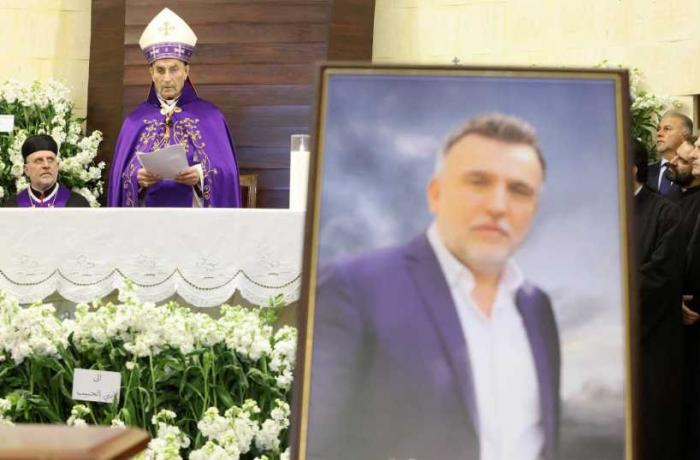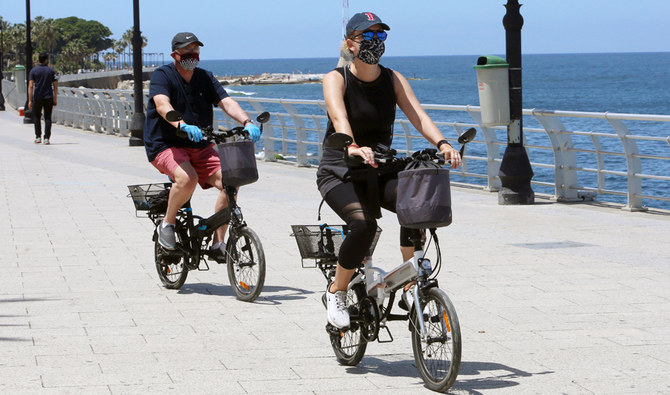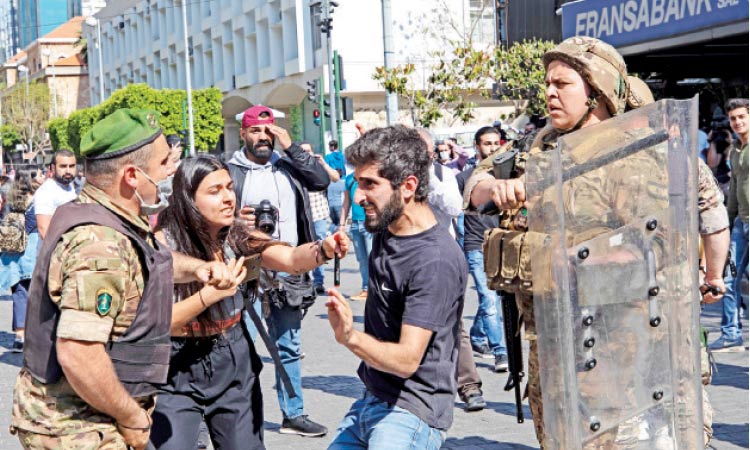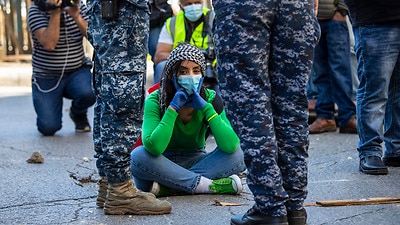
by english.aawsat.com — With the crash of Lebanon’s national currency that sent food prices soaring, the Lebanese government placed a plan to fight inflation. “We were facing an enormous and dangerous challenge, as inflation, mainly food prices, have become unreasonable,” Prime Minister Hassan Diab said at a cabinet session held Thursday to follow-up on the living conditions in the country. “We cannot stay idle … It is totally unacceptable for us not to act quickly, because things will further get out of control. Pricing has become random and ill-conceived, and prices have nothing to do with the dollar exchange rate,” Diab said.
During the cabinet session, Industry Minister Imad Hoballah said measures would be taken to fight soaring food prices, while Justice Minister Marie Claude Najem said that her ministry was following-up on complaints made by the Economy Ministry on price hikes. Economy Minister Raoul Nehme informed the government of a decision to set a maximum profit margin for basic commodities. Nehme had launched a training course for volunteers to support consumer protection by monitoring the markets. “We are ready to train personnel from all municipalities to help us protect consumers,” he said. Protests erupted across the country late last month against the soaring unemployment and poverty. Last week, the government formally requested the assistance of the International Monetary Fund (IMF) to save Lebanon from the deep financial crisis. The move came one day after the announcement of the long-awaited economic plan.




![A street is seen empty in Beirut, Lebanon on March 16, 2020, after Lebanese Prime Minister Hassan Diab declared a state of emergency due to the novel coronavirus (Covid-19) outbreak [Hussam Chbaro / Anadolu Agency]](https://i2.wp.com/www.middleeastmonitor.com/wp-content/uploads/2020/03/20200316_2_41398893_53148727.jpg?resize=1200%2C800&quality=85&strip=all&ssl=1)






